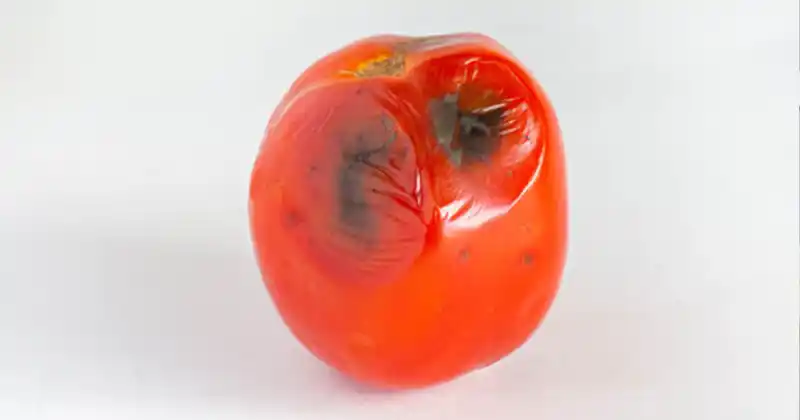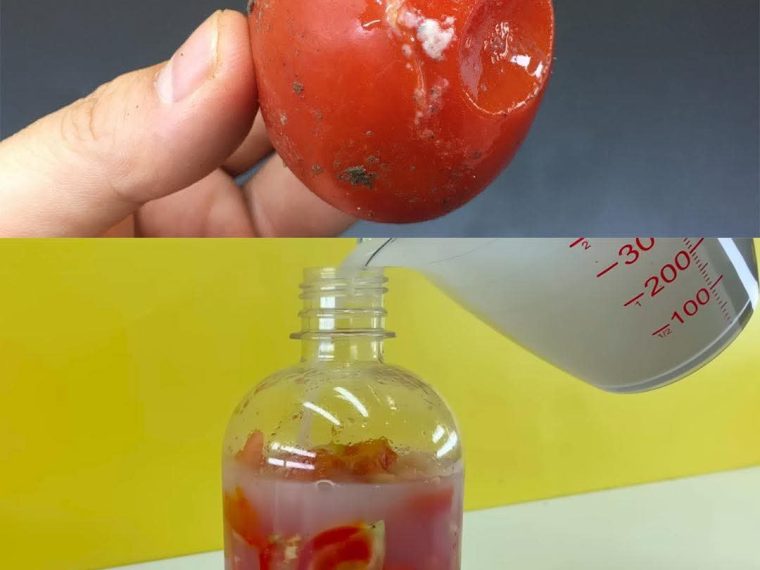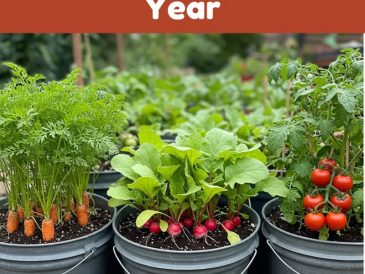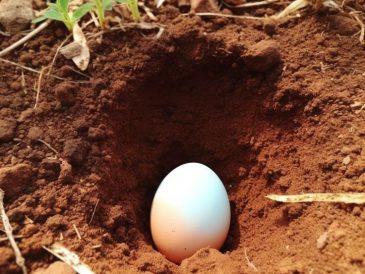Tomatoes are a staple in almost every household. They’re used in countless recipes, from salads and sauces to soups and stews. But what happens when tomatoes become overripe, mushy, or even start leaking juice? Most people toss them straight into the trash.

That’s a mistake. While it’s not safe to eat overly spoiled tomatoes, they can still be transformed into useful, eco-friendly tools for your home and garden. Instead of wasting them, you can repurpose rotten tomatoes in three surprising ways: as seed starters, as natural fertilizer, and even as a grease remover.
Let’s explore how these once “useless” fruits can become valuable treasures.
1. Grow New Tomato Plants from Rotten Tomatoes
Even when a tomato looks too soft, moldy, or split on the outside, the seeds inside are often still intact and viable. These seeds can sprout into healthy tomato plants if given the right conditions.
How to do it:
- Slice the spoiled tomato into thin rounds. You’ll see the small seeds embedded in the flesh.
- Prepare a pot or tray with well-draining soil, filling it about two-thirds of the way.
- Lay the tomato slices flat on top of the soil, ensuring they don’t overlap.
- Cover with a thin layer of soil (about 1–2 cm).
- Mist with water to keep the soil moist, but don’t let the slices wash away.
- Place the pot in a sunny spot and water lightly every day.
Within a week, small green sprouts will start to appear. In just a month or two, you’ll have thriving tomato plants ready to produce fresh fruit. This method is simple, cost-free, and an excellent way to reduce waste while ensuring a steady supply of homegrown tomatoes.
2. Create a Natural Tomato Fertilizer
Rotten tomatoes may not be appetizing, but they’re packed with potassium, nitrogen, and organic acids that plants love. Instead of buying chemical fertilizers, you can turn spoiled tomatoes into a powerful natural plant booster.
How to do it:
- Chop the overripe tomatoes into small pieces.
- Place them in a clean plastic bottle with a secure cap. Leave some space at the top for fermentation gases.
- Add rice-rinse water (the milky water left after rinsing rice). If you don’t have this, use filtered water, but rice water works best since it’s rich in nutrients.
- Fill the bottle about 4/5 full, leaving a gap at the top.
- Shake the mixture well, then leave it in a warm, airy spot for 5–7 days.
- Open the cap daily to release gas and avoid pressure buildup.
After fermentation, strain the liquid and dilute it with clean water at a ratio of 1:5 before watering your plants. This DIY fertilizer provides essential nutrients, improves soil health, and revives weak or yellowing plants.
By recycling tomatoes this way, you not only save money but also avoid using harsh chemicals in your garden.
3. Use Rotten Tomatoes as a Natural Grease Remover
This is perhaps the most surprising use of all. The natural acids in tomatoes—such as citric, acetic, and malic acid—are effective at cutting through stubborn grease on cookware.
How to do it:
- Take a spoiled tomato and cut away the worst parts (discard any moldy sections).
- Use the remaining pulp to rub directly onto greasy pans, especially those coated with thick layers of oil.
- The mild natural acids in the tomato will break down the grease.
- Rinse with warm water, and the pan will look clean and shiny without the need for chemical dish soap.
This method is safe, natural, and gentle on your hands. It’s also a great solution for families who want to avoid chemical residues in their kitchenware.
Why These Methods Matter
Rotten tomatoes may seem like garbage, but with a little creativity, they become a valuable resource. Here’s why these methods are worth trying:
- Save money – No need to buy as many seeds, fertilizers, or cleaning products.
- Eco-friendly – Reduce food waste and reliance on chemical-based products.
- Sustainable gardening – Give your plants natural nutrients and improve soil quality.
- Safe for the family – Avoid harsh chemicals in the home.
Final Thoughts
Next time you find soft, leaking, or overripe tomatoes in your fridge, don’t throw them away. With a little effort, you can:
- Grow new tomato plants,
- Make an organic fertilizer,
- Or clean greasy cookware naturally.
These simple tricks not only save money but also help protect the environment and promote a healthier lifestyle.
So, before you reach for the trash bin, remember: what looks spoiled may still hold hidden value.Inspired by this? Share the article with your friends!




